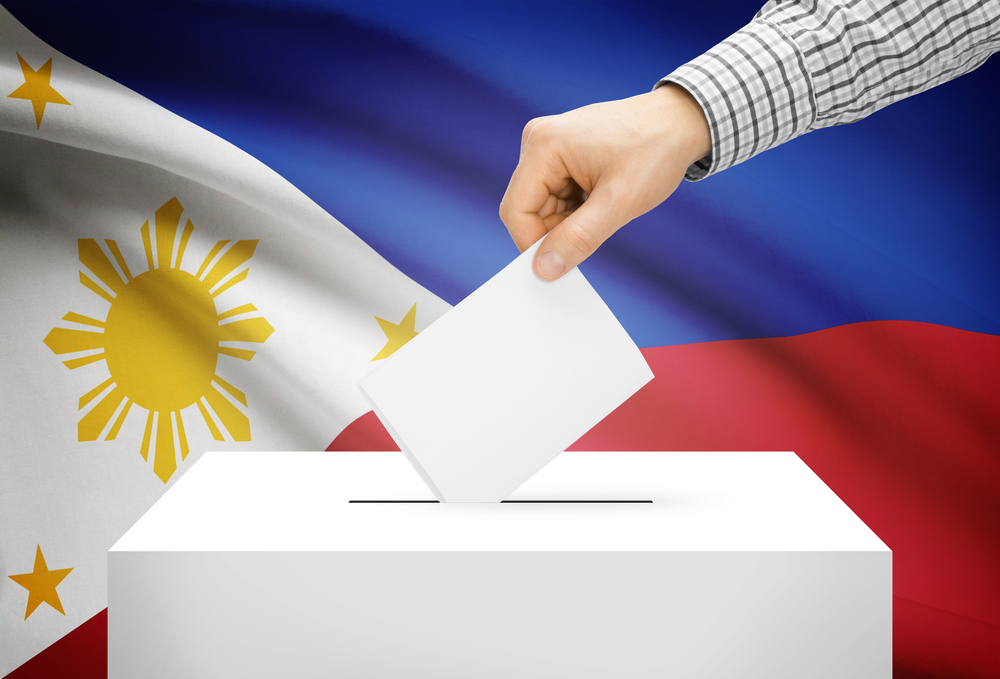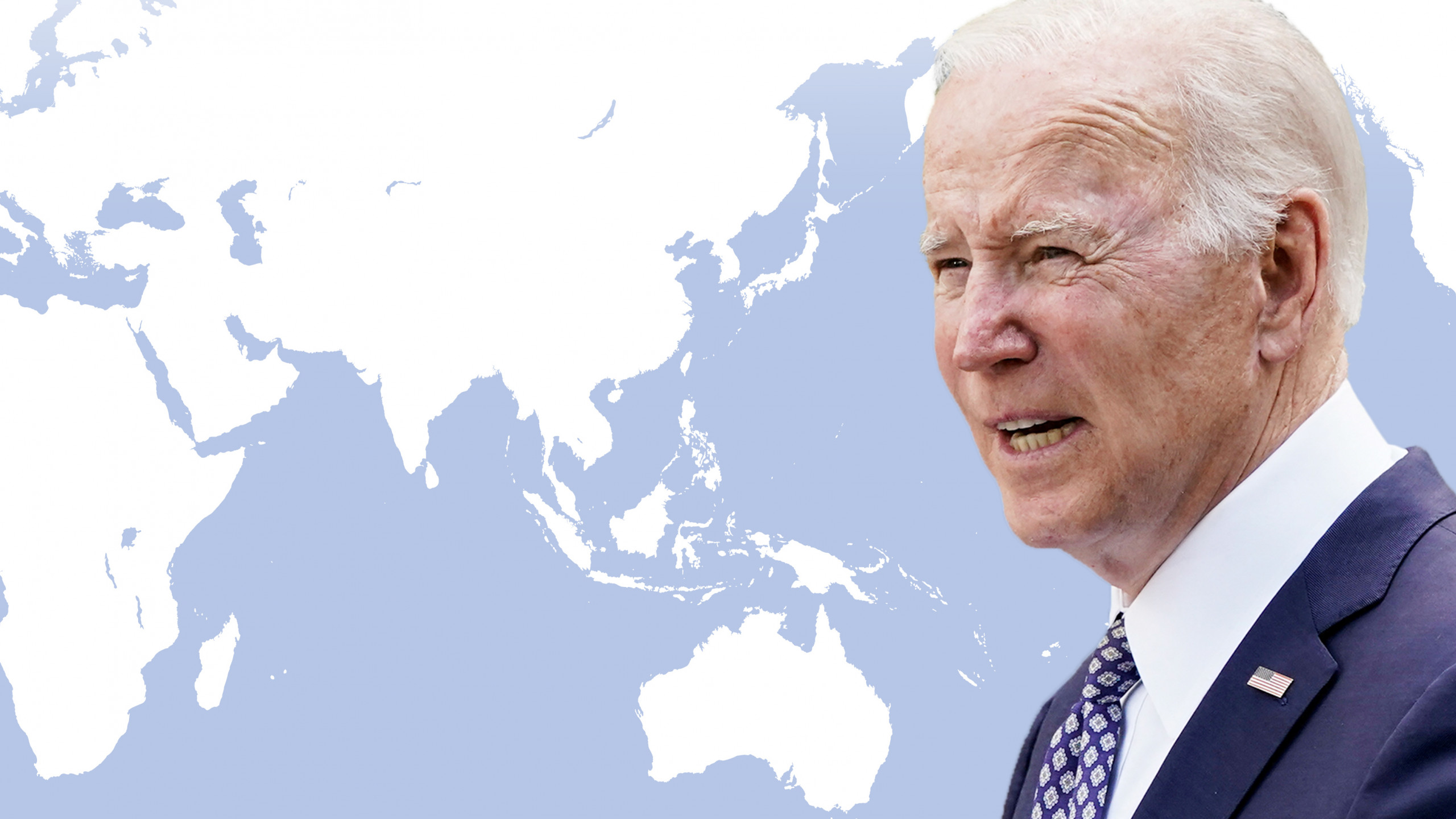On Monday 9 May, the Southeast Asian archipelago chooses its new president. Some information to read the electoral challenge and the challenges that await the incoming leadership.
Election day in the Philippines is just around the corner. On May 9, citizens vote for the presidential elections, as well as expressing their preference for the legislature and the executive both at the national and provincial levels. Whoever will be elected, there will be many challenges ahead: six years of Duterte's administration marked by the uncompromising fight against crime, the Covid-19 emergency, the slowdown in the economy and growing geopolitical instability in the Pacific. How these issues are dealt with today, what measures the new government takes, will be decisive for the future of its citizens and ASEAN. The outgoing president himself, Rodrigo Duterte, will not participate in the US-ASEAN summit on May 12-13 in Washington for "not to take positions that could be unacceptable to the new administration".
Challenges and opportunities
The new president has only one mandate available to act towards the voters and pave the way to foster continuity of reforms. Among these, the immobility of the political class remains the major concerns for the health of Philippine democracy: any important career has roots in the network of acquaintances (up to nepotism and the existence of real political dynasties) and corruption. Hence a certain frustration and disillusionment with the political class, since the general perception is that those who have money and contacts already have great power over local and national politics. According to the 2021 Corruption Perception Index, 81% of Filipinos think corruption is a serious problem, while 19% of public officials are reported to have received bribes at least once a year.
Therefore, there is the disinformation problem, which is increasingly affecting the country. For instance, the family of former dictator Marcos and current candidate Ferdinand 'Bongbong' Marcos Jr., for example, have worked diligently to "clean up" their image. Today, social media offers a wide variety of propaganda content about Marcos Jr. or praises a glorious past through the anthems and symbols of the 1965 regime. Almost the entire population is exposed to the information on Facebook, YouTube and TikTok and most of these users are young people born in the years following the fall of the autocrat (1986). The same young people who, today, make up a third of the electorate.
Publicus Asia reports that 51% of the target audience consider the vaccination campaign and the post-Covid economic crisis to be the two main problems in the Philippines. According to the latest data on the pandemic, cases are stable, and vaccinations appear to be proceeding well (74.3% of the vaccinable population has received at least two doses). As for the economy, Asia Development Bank (ADB) estimates predict a positive growth trend of 6% for 2022, but the war in Ukraine and slowdowns along supply chains (mainly due to the Chinese lockdown) could change the cards on the table.
But the 2022 elections could also be decisive for the future of Philippine foreign policy. Located in an increasingly tense geographical context between China and the United States, the Philippines have long been torn between the advantages of the commercial partnership with Beijing and the assertiveness of its ships in the South China Sea. If Marcos Jr. wins the elections, many believe an alignment towards the People's Republic can be expected. From the point of view of the values behind his electoral campaign, however, Leni Robredo would get greater support from the US in his fight for the survival of democratic institutions in Southeast Asia.
Who are the candidates?
There are five candidates in the presidential elections in the Philippines, but according to the polls the decisive head-to-head will be between Ferdinand 'Bongbong' Marcos Jr. and Maria Leonor "Leni" Gerona Robredo. The two find themselves once again rivals in front of the electorate, which had seen them run for the vice-presidency in 2016, when Robredo won with just 0.34% advantage against Marcos.
The first, as anticipated, is the son of the dictator who led the country for over twenty years (1965-1986) - eleven of which by imposing martial law. The specter of Marcos the father does not obscure the fame of the son: for many, on the contrary, the Marcos represent an institution. He could be favored by the north (the region of Ilocos Norte is historically considered the "fiefdom" of the former presidential family, and right there the political career of Marcos Jr. was consolidated), which in 2016 had preferred the coalition of opposition from Jejomar Binay. At the moment he appears to be the favorite in the polls. Her candidate for vice president is none other than Sara Duterte, daughter of the outgoing president who gave up the race for her father's place (despite the analysis and popular sentiment having put her in first place among the very favorites for the presidency).
Maria Leonor "Leni" Gerona Robredo, of the Liberals, made the defense of democracy and the fight against nepotism her weapons in the electoral campaign. A human rights advocate, she soon detached herself from President Duterte during his vice-presidency, aided by the bloody anti-drug campaign that has led to the deaths of over six thousand people since the beginning of her term. She is the second-favorite candidate in the polls, reaching around 24% and getting a decent recovery on Marcos Jr. She is having success with some of the electorate for her attitudes of "humility" in a country where access to politics is often obtained with money and knowledge: among these, having taken off high heels in public and using public transport to get around. Some recent analyzes also seem to see it as an advantage among investors, who are wary of Marcos Jr.'s ability to pursue effective economic and fiscal policies. If elected, she would be the country's third female president after Corazon Aquino and Gloria Macapagal Arroyo.
Other presidential candidates are Manila mayor and actor Isko Moreno, former boxing champion and senator Manny "PacMan" Pacquiao and former Philippine National Police executive Panfilo Lacson.
The elections and ASEAN
The election of a new head of state is always crucial in the context of regional relations. In the case of the Philippines, the problem becomes even more urgent in the face of a changing geopolitical landscape. An environment, that of today, which due to its complexity would require maximum cohesion within the ASEAN group. In one of the latest debates of the current election campaign, Leni Robredo stressed the need for Manila to lead the ASEAN dialogue on Chinese assertiveness in the common stretch of sea. For Robredo, the Code of Conduct for the South China Sea cannot be postponed any further. And the Philippines "must push the other member countries" to approve it in order to consolidate its position in the face of Chinese territorial claims. The Association is carefully observing what will happen in the Philippine ballot boxes also for its own internal balance, which is more fundamental than ever in such a delicate global moment between pandemic tail and war in Ukraine.






